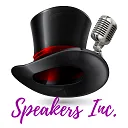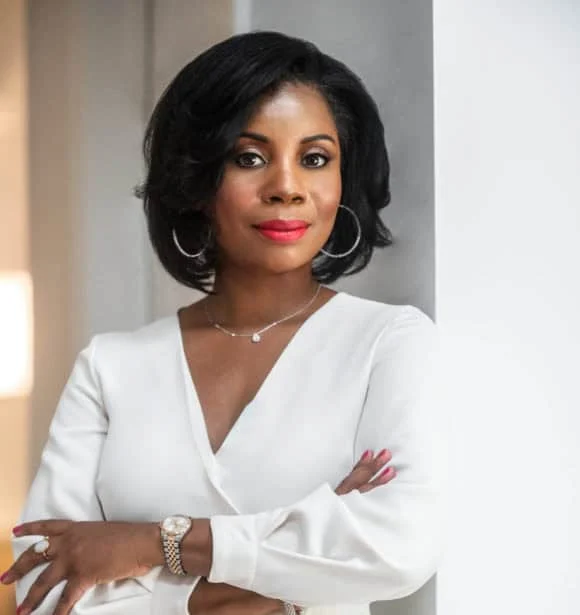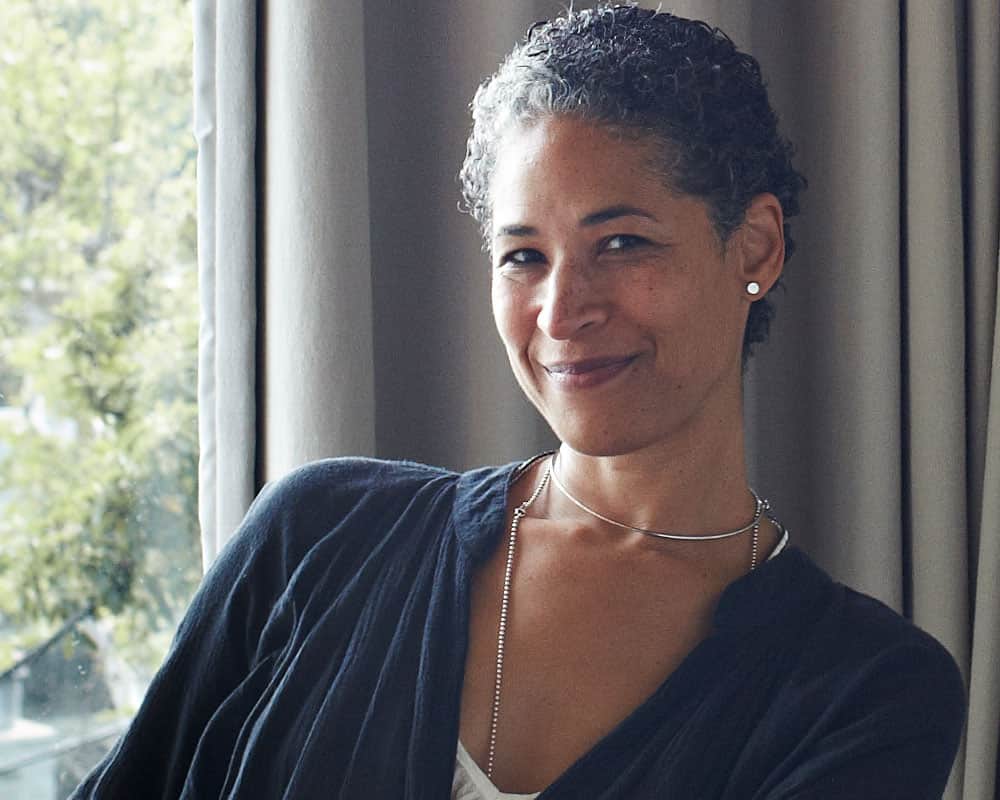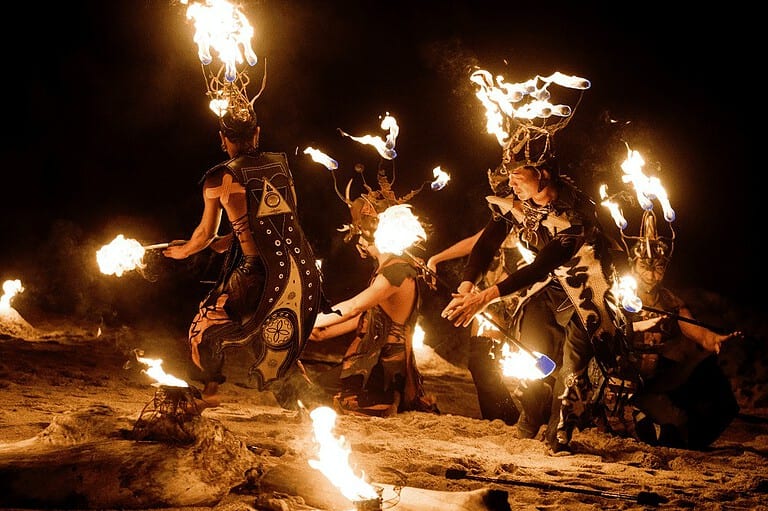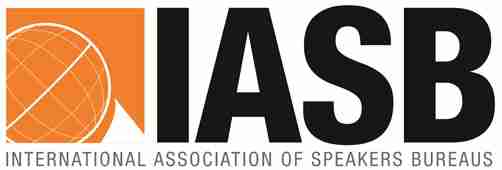- Author: Speakers Inc
- Word Count: 1079
Read the news article
Diversity in Speaker Lineups has become a buzzword in the event industry. Conference organizers, corporate summits, and industry panels all claim to be making strides toward inclusivity. Promotional materials showcase smiling, multicultural speaker lineups. But beneath the surface, a difficult question remains: Are events truly diverse, or are we just witnessing performative inclusion?
Despite increasing awareness, many speaker rosters remain overwhelmingly homogeneous—dominated by the same voices, perspectives, and backgrounds. Meanwhile, lesser-known but equally qualified diverse speakers are often overlooked, their expertise overshadowed by a cycle of unconscious bias, industry gatekeeping, and outdated perceptions of “who belongs on stage.”
This issue is not just about fairness. It’s about innovation, engagement, and authenticity—because when speaker diversity is neglected, so is the quality of conversations that shape industries.
The Hidden Bias in Speaker Lineups: Are events diverse?
The Illusion of Diversity: More Than Just Checking a Box
Many events today appear diverse at first glance. A few women, people of color, or LGBTQ+ speakers may be present, but are they given an equal platform? Too often, these voices are included in a limited capacity—assigned to “diversity panels” rather than leading discussions on finance, technology, leadership, or innovation.
The result? A misleading illusion of progress.
Rachel Rodgers, an entrepreneur, attorney, and speaker on economic justice, highlights this issue:
“True diversity isn’t about filling quotas or making a panel look good for a press release. It’s about ensuring that different perspectives influence the conversations that shape our industries.”
Tokenism—where a few diverse voices are included for optics rather than impact—does more harm than good. It reinforces the idea that diversity is an accessory rather than an integral part of an event’s intellectual fabric.
Why Are Events Still Struggling With Speaker Diversity?
Despite clear benefits, many organizers default to the same names, faces, and perspectives. Why?
1. “Safe” Choices and Industry Gatekeeping
Event organizers often pull from established speaker networks, which tend to favor historically dominant voices—primarily white, male, and already well-known within their industries. New voices, no matter how qualified, face an uphill battle in breaking through these circles.
2. The “Audience Expectation” Myth
There is a persistent belief that audiences prefer “big names” or speakers with massive social media followings. But do attendees really care if a speaker has been on the circuit for years? Or do they crave fresh, insightful perspectives?
Kanya King, the founder of the MOBO Awards and a renowned advocate for diversity in entertainment, challenges this mindset:
“When you bring new voices to the stage, you don’t just fill a diversity quota—you create richer discussions, fresh ideas, and engagement that audiences remember.”
3. The “Expertise Bias” Fallacy
Women and people of color are often assumed to be less authoritative unless they have overwhelming credentials. Meanwhile, lesser-qualified yet well-connected individuals are frequently given opportunities simply because they fit the expected mold.
4. The Pay Disparity Problem
Another barrier to inclusion is unequal speaker compensation. Studies show that women and minority speakers are often paid less than their white male counterparts—or worse, asked to speak for free “for exposure.”
Meredith Breitstein, an expert in leadership and equity, emphasizes the importance of addressing this pay gap:
“You can’t say you support diversity and then underpay or undervalue diverse voices. True inclusion means equity, not just representation.”
5. Unconscious Bias in Speaker Selection
Even the most well-intentioned event planners can fall into the trap of unconscious bias. When faced with choosing between a well-known speaker and a lesser-known (but equally qualified) diverse speaker, many default to what feels familiar.
Rebecca Walker, feminist activist and bestselling author, describes how this bias plays out:
“People hire who they know. And who they know is often a reflection of their own social and professional circles. Expanding speaker lineups requires expanding mindsets first.”
The Real Impact of Homogeneous Speaker Lineups
A lack of diversity in speaker lineups has consequences beyond optics. It affects:
- Industry Innovation – Diverse voices bring fresh insights, but when the same perspectives dominate, industries stagnate.
- Audience Engagement – People want to hear from those who reflect their experiences. A homogenous speaker lineup risks alienating large segments of attendees.
- Credibility & Reputation – Companies and sponsors are increasingly scrutinizing events for diversity. Failing to prioritize inclusion can result in reputational damage.
Solutions: How to Build Truly Diverse Speaker Lineups
If event organizers want to move beyond performative diversity, they must be proactive in breaking old patterns. Here’s how:
1. Go Beyond Traditional Speaker Bureaus
Expand the search beyond the usual networks. Platforms like Speakers Inc. highlight diverse talent, and many organizations curate lists of underrepresented speakers.
2. Diversify Keynote Spots, Not Just Panels
It’s not enough to include diverse speakers—they must be given equal prominence. Don’t relegate them to panels about diversity; let them lead discussions on AI, economics, entrepreneurship, or leadership.
3. Offer Competitive and Fair Pay
A clear commitment to diversity includes equal compensation. If a speaker is good enough to be on stage, they’re good enough to be paid fairly.
4. Challenge the “Experience” Excuse
Just because someone hasn’t spoken at a major event before doesn’t mean they aren’t a powerful speaker. Find ways to elevate new voices, rather than repeatedly featuring the same people.
5. Audit Speaker Lineups with Transparency
Measure progress. Track the diversity of past events, identify gaps, and commit to improving them with clear goals.
Final Thought: The Responsibility of Change
The event industry has a choice: continue perpetuating the same patterns, or actively work toward real diversity and inclusion.
Kanya King puts it best:
“True diversity isn’t about adding color to a lineup—it’s about creating a space where all voices are valued, heard, and given the power to shape the conversation.”
The next time you plan an event, ask yourself:
- Are we simply checking a box, or are we amplifying voices that have been historically excluded?
- Are we offering fair opportunities for diverse talent to lead discussions?
- Are we ensuring that diversity isn’t just present but meaningfully integrated into the event experience?
Because if we’re not asking these questions, we’re not truly moving forward.
Featured Speakers on Diversity & Inclusion:
- Meredith Breitstein – Leadership, Equity, and Organizational Inclusion
- Rachel Rodgers – Entrepreneur, Attorney, and Advocate for Economic Justice
- Kanya King – Founder of the MOBO Awards, Champion for Diversity in Entertainment
- Rebecca Walker – Feminist Activist, Author, and Cultural Thought Leader
Hashtags
#DiversityInEvents #InclusiveSpeakers #CorporateConferences #EventIndustry #KeynoteSpeakers
Contact us at Speakers Inc and follow us on Twitter
Speaker Listing
No results available
Further articles you may enjoy:
- (9)
In other words, workers burned out by the “hustle culture” so recently prevalent have decided to either quit their jobs — or perhaps even more damaging to businesses — disengage themselves from where they are working. In a brilliant article in a recent edition of the Wall St. Journal, Lindsay Ellis and Angela Yang reveal that what we’ve been […]
- December 22, 2022
- (38)
A Generational Keynote Speaker helps today’s diverse workforce, the generational gap is one of the biggest challenges organizations face. From Baby Boomers to Gen Z, each generation brings a unique set of perspectives, work styles, and values. This diversity can be an incredible asset, but it also comes with communication hurdles, differing expectations, and sometimes […]
- November 6, 2024
- (8)
Unveiling the Hottest Trends in Event Entertainment: Elevate Your Corporate Event with Speakers Inc In the ever-evolving landscape of event planning and entertainment, staying ahead of the curve is essential to delivering memorable and impactful experiences for attendees. From corporate conferences to gala dinners, the demand for innovative and engaging entertainment options continues to grow. […]
- March 15, 2024
- (28)
Beyond the Bio: What Event Planners Really Need to Know Before Booking a Keynote Speaker “It’s not just about credentials. It’s about connection.” When organizing an event, selecting the keynote speaker can feel like scanning through a sea of shining bios and polished headshots. You’re presented with bestselling authors, award-winning professionals, and thought leaders who’ve […]
- June 20, 2025
- (35)
Empowering Minds: The Impact of Motivational Speakers in Atlanta, Georgia Introduction: Atlanta, Georgia, a vibrant hub of culture, commerce, and innovation, has become a focal point for individuals seeking inspiration and motivation. Within this dynamic cityscape, motivational conference speakers have emerged as catalysts for change, guiding audiences towards personal and professional growth. In this article, […]
- January 26, 2024
- (13)
Want Your Audience to Master the Art of Influence? Bring in a speaker who turns “maybe” into “yes.” Because in today’s world, negotiation isn’t just a skill—it’s survival to Master the Art of Influence. 💼 Whether it’s closing deals, navigating conflict, or leading with confidence, your audience needs to know how to negotiate like pros. […]
- April 14, 2025
- (6)
The Unseen Turbulence: How Aviation Keynote Speakers Can Navigate the Industry’s Workforce Crisis The aviation industry has long been a symbol of human ingenuity, progress, and ambition. Yet beneath its sleek exterior and technological marvels lies a crisis that few are willing to discuss openly. A severe workforce shortage is threatening the foundation of the […]
- February 11, 2025
- (52)
Why Speakers Inc is the Top Speakers Bureau in California and Orange County When it comes to selecting the perfect speaker for an event, the choice can significantly impact its success. In the competitive world of event planning, the right speaker can captivate an audience, spark meaningful conversations, and leave a lasting impression. This is […]
- August 6, 2024
No results available

